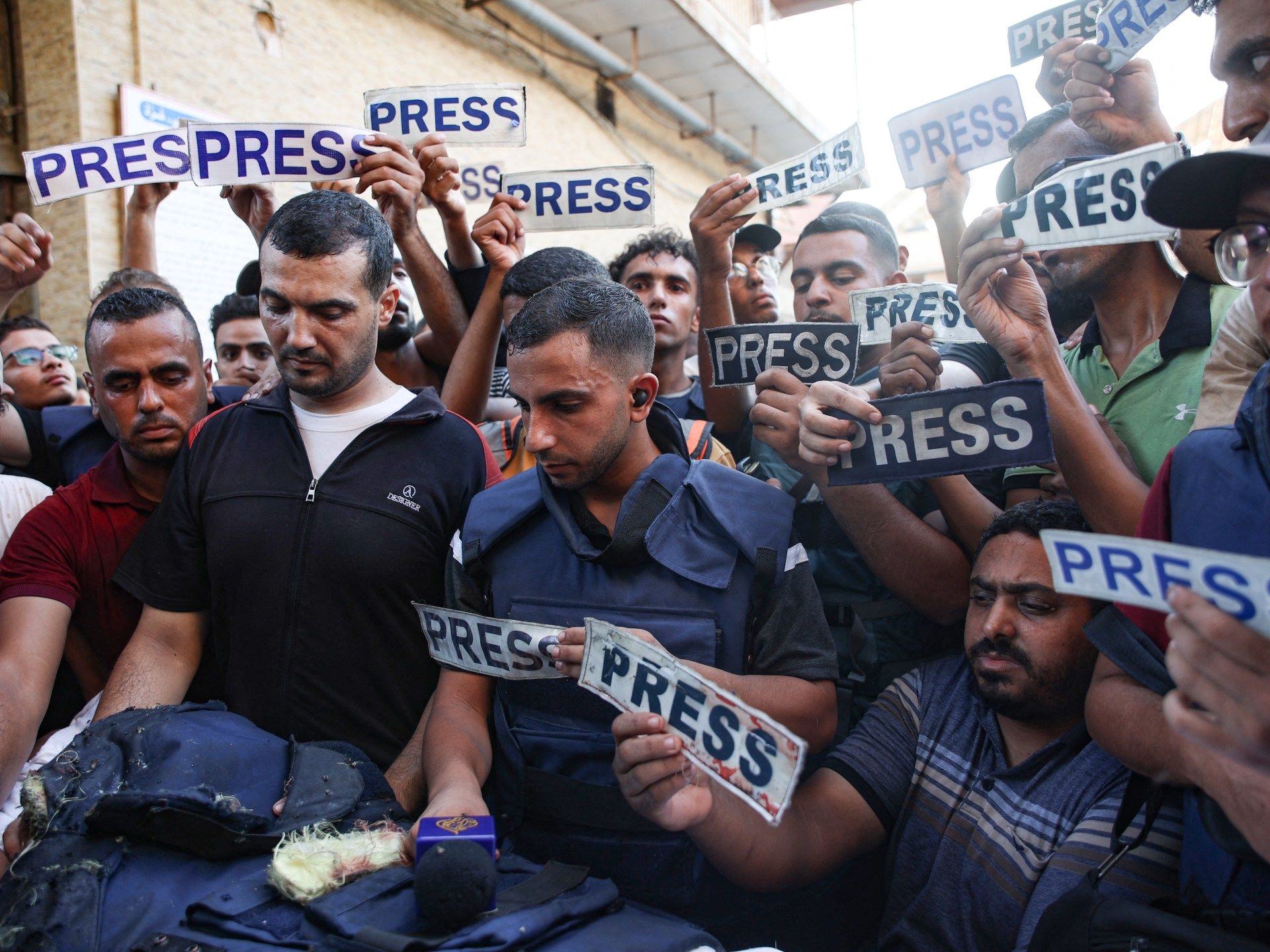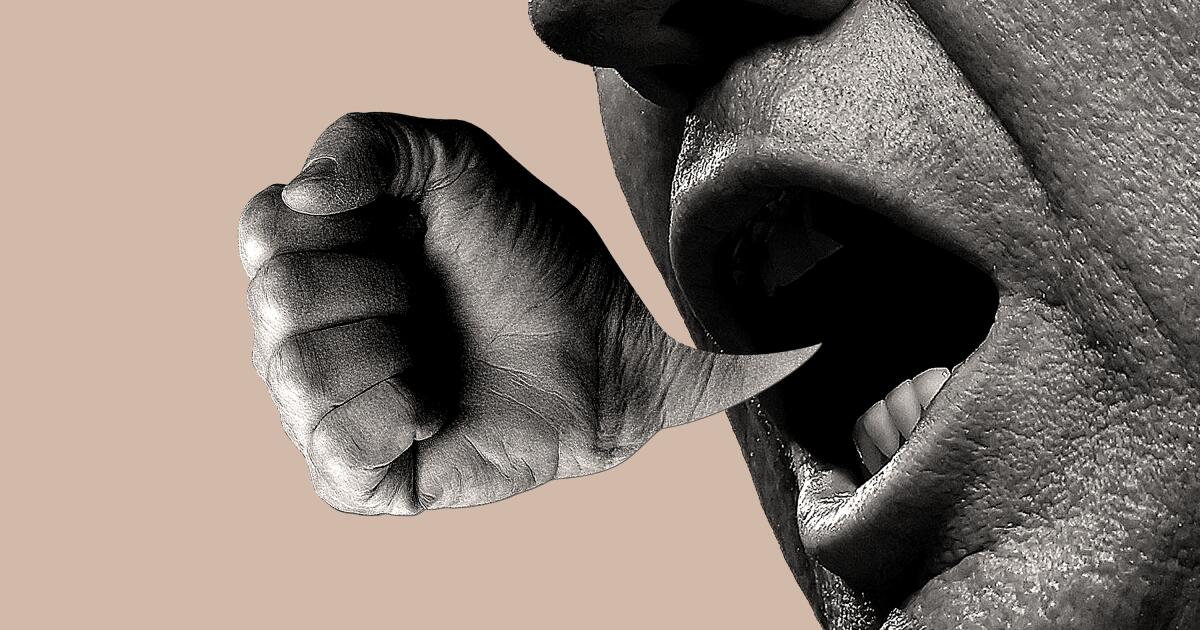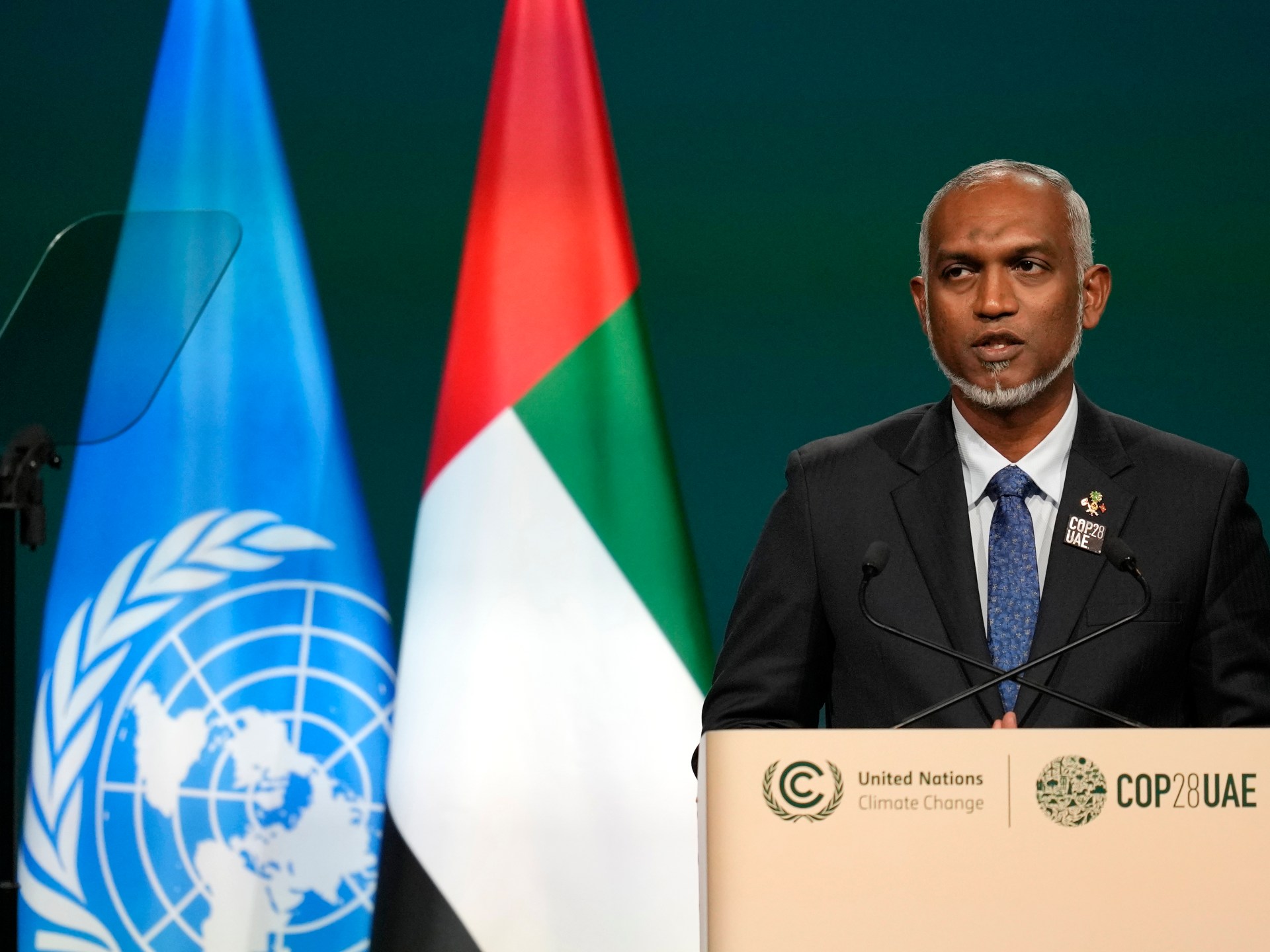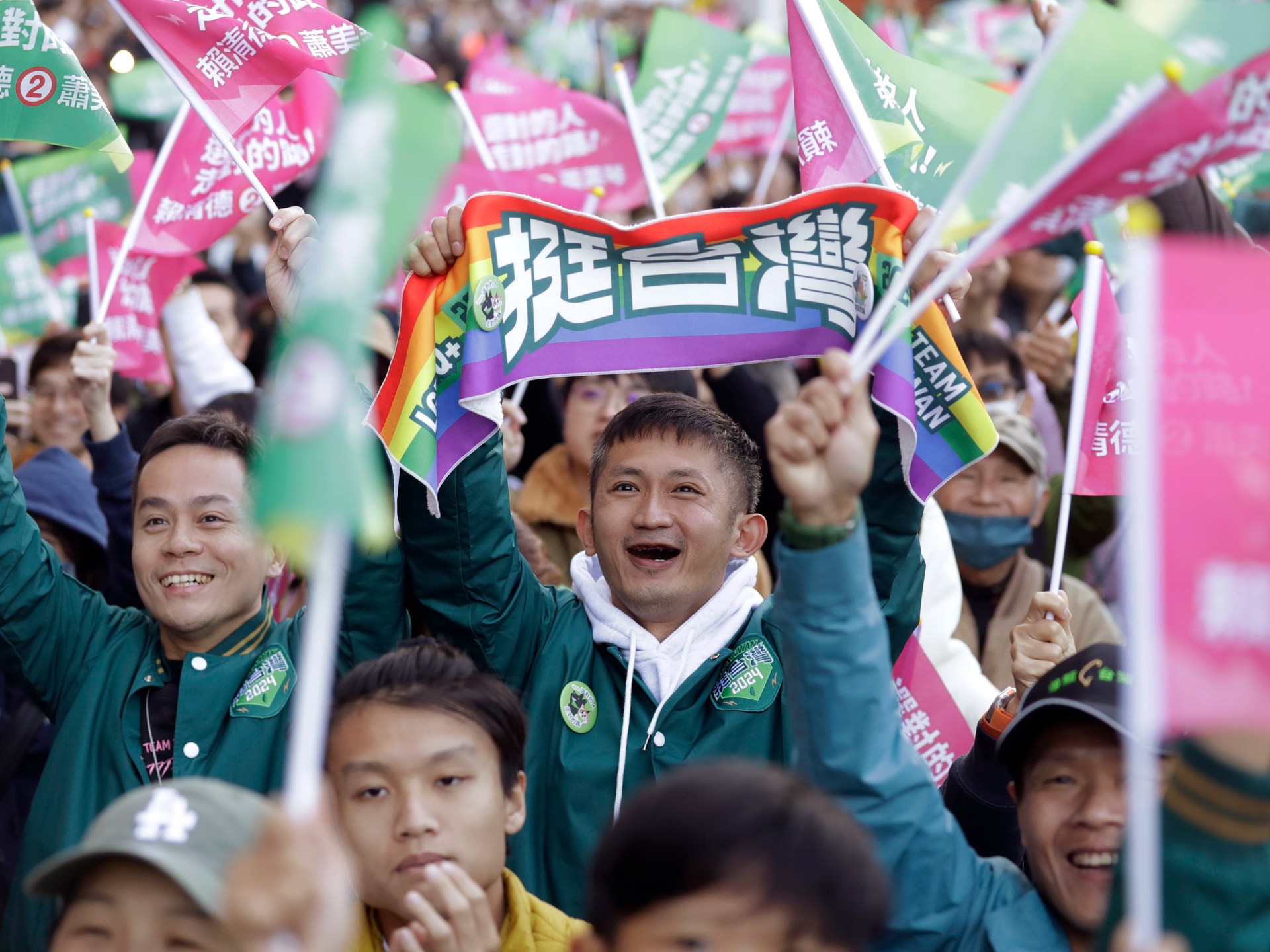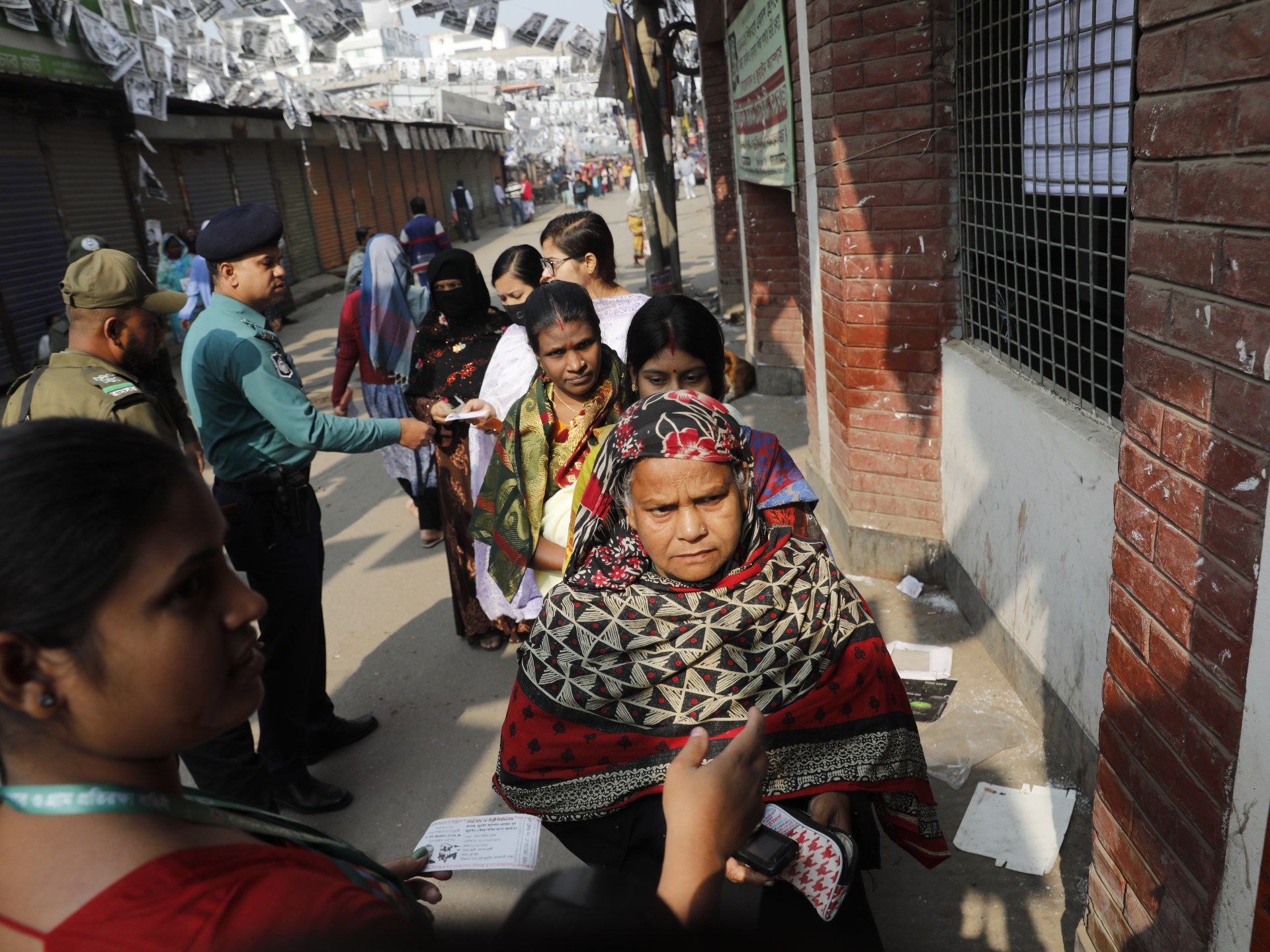On Wednesday, the Israeli army killed two more Palestinian journalists in Gaza.
Ismail al-Ghoul and Rami al-Rifi were working when they were attacked by Israeli forces in Gaza City.
Al-Ghoul, whose reporting for Al Jazeera was popular with Arab audiences, was wearing a press vest at the time of his killing.
The latest killings bring the world record for journalists killed in Israel during the ongoing genocide in Gaza to at least 113, according to the most conservative estimate.
No other global conflict has killed so many journalists in recent memory.
Israel has a long history of violent attacks on journalists, so the death toll in Gaza is not necessarily surprising.
Indeed, a 2023 report by the Committee to Protect Journalists (CPJ) documented a “decades-long pattern” of attacks and killings of Palestinian journalists by Israel.
For example, a Human Rights Watch investigation found that Israel attacked “journalists and media outlets” on four separate occasions in 2012. During the attacks, two journalists were killed and many others were injured.
In 2019, a United Nations commission concluded that Israel “intentionally shot” a pair of Palestinian journalists in 2018, killing them both.
Most recently, in 2022, Israel shot and killed Palestinian-American journalist Shireen Abu Akleh in the West Bank.
Israel tried to deny responsibility, as it almost always does after committing an atrocity, but the video evidence was overwhelming and it was forced to admit its guilt.
There were no consequences for the soldier who shot Abu Akleh, who was wearing a press vest and helmet, or for the Israelis involved in the other incidents against journalists.
CPJ has suggested that Israeli security forces enjoy “near-total immunity” from attacks on journalists.
In this broader context, Israel's attacks on journalists during the current genocide are not really surprising or out of the ordinary.
What is truly surprising, and even shocking, however, is the relative silence of Western journalists.
While there has been some coverage and sympathy in North America and Europe, particularly from watchdog organizations like CPJ, there is little sense of journalistic solidarity and certainly nothing approaching widespread outrage and outcry over the threat Israel's actions pose to press freedom.
Can we imagine for a moment what the Western journalistic reaction would be if Russian forces killed more than 100 journalists in Ukraine in less than a year?
Even when Western media outlets have reported on Palestinian journalists killed since the start of the current war, coverage has tended to give Israel the benefit of the doubt, often framing the killings as unwitting casualties of modern warfare.
Moreover, Western journalism's overwhelming reliance on pro-Israel sources has ensured that colorful adjectives and condemnations are avoided.
Furthermore, over-reliance on pro-Israeli sources has sometimes made it difficult to determine which side in the conflict was responsible for specific killings.
A unique case?
One might assume here that the Western media have simply maintained their devotion to the declared Western reporting principles of detachment and neutrality.
But in other situations, Western journalists have shown that they are capable of making a lot of noise and also of demonstrating solidarity.
The murder of 12 Charlie Hebdo journalists in 2015 provides a useful example of this.
The attack was followed by a media spectacle, with the entire Western journalism establishment seemingly uniting to focus on the event.
Within weeks, thousands of reports were generated, a solidarity hashtag (“Je suis Charlie” or “I am Charlie”) went viral, and statements and sentiments of solidarity emerged from Western journalists, media outlets, and organizations dedicated to the principles of free expression.
For example, the Society of Professional Journalists in the United States called the attack on Charlie Hebdo “barbaric” and an “attempt to stifle press freedom.”
Freedom House issued equally harsh praise, calling the attack “horrendous” and saying it constituted a “direct threat to the right to freedom of expression.”
PEN America and the British National Secular Society presented awards to Charlie Hebdo, and the Guardian Media Group donated a huge sum to the publication.
The relative silence and calm of Western journalists in the face of the murder of at least 100 Palestinian journalists in Gaza is especially striking when considered in the broader context of Israel's war on journalism, which threatens all journalists.
In October, around the time the current war began, Israel told Western news agencies that it would not guarantee the safety of journalists entering Gaza.
Since then, Israel has maintained a ban on international journalists and even worked to prevent them from entering Gaza during a brief lull in fighting in November 2023.
But perhaps more importantly, Israel has used its influence in the West to direct and control Western reporting on the war.
Western media have often obediently complied with Israeli manipulation tactics.
For example, as global outrage against Israel grew in December 2023, Israel spread false reports of mass and systematic rape of Israeli women by Palestinian fighters on October 7.
Western media, including the New York Times, were fooled. They downplayed the growing outrage against Israel and began to prominently feature the story of “systematic violations.”
Later, in January 2024, the International Court of Justice (ICJ) issued provisional measures against Israel.
Israel responded almost immediately by leveling absurd accusations of terrorism against the United Nations Relief and Works Agency for Palestine Refugees in the Near East (UNRWA).
Western media played down the news of the interim measures, which was highly critical of Israel, and highlighted the accusations against UNRWA, which portrayed Palestinians in a negative light.
These and other examples of Israeli manipulation of Western news are part of a broader pattern of influence that predates the current war.
An empirical study found that Israel routinely times its attacks, especially those likely to kill Palestinian civilians, in such a way that the American media ignores or downplays them.
During the ongoing genocide, Western news organizations have also tended to ignore the broader pattern of censorship of pro-Palestine content on social media, a fact that should be of concern to anyone interested in free speech.
It is easy to point to a handful of Western news reports and investigations that have criticized some Israeli actions during the current genocide.
But these reports have been lost in a sea of acquiescence to Israeli narratives and a general pro-Israeli and anti-Palestinian framework.
Several studies, including analyses by the Media Monitoring Center and The Intercept, demonstrated overwhelming evidence of a pro-Israeli and anti-Palestinian bias in Western news reporting on the current war.
Is Western Journalism Dead?
Many journalists in the United States and Europe position themselves as defenders of truth, critics of power and guardians.
While acknowledging errors in their reporting, journalists often view themselves and their news organizations as making appropriate efforts to achieve impartiality, accuracy, comprehensiveness, balance, neutrality and detachment.
But this is the great myth of Western journalism.
A large body of academic literature suggests that Western media do not come close to living up to their stated principles.
But Israel's war on Gaza has further exposed media fraud.
With few exceptions, North American and European media have abandoned their stated principles and have not supported their Palestinian colleagues who are being persecuted and killed en masse.
In the midst of such spectacular failure and extensive research indicating that Western media is falling far short of its ideals, we must ask whether it is useful to continue to uphold the myth of the Western journalistic ideal.
Is Western journalism as we know it dead?
The views expressed in this article are those of the author and do not necessarily reflect the editorial stance of Al Jazeera.

